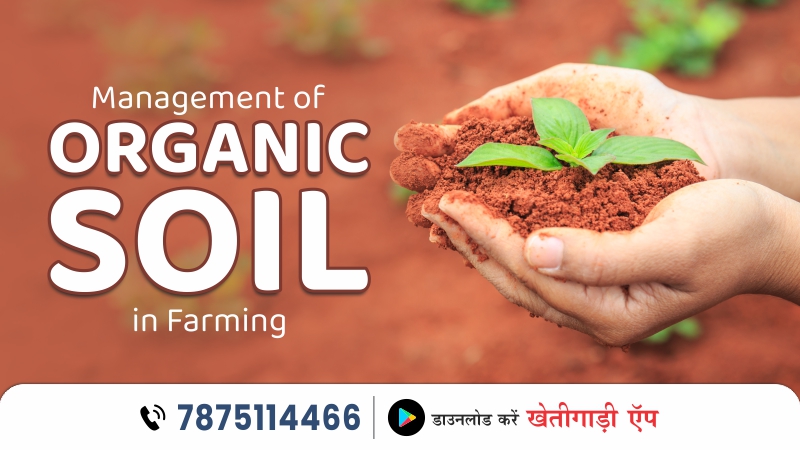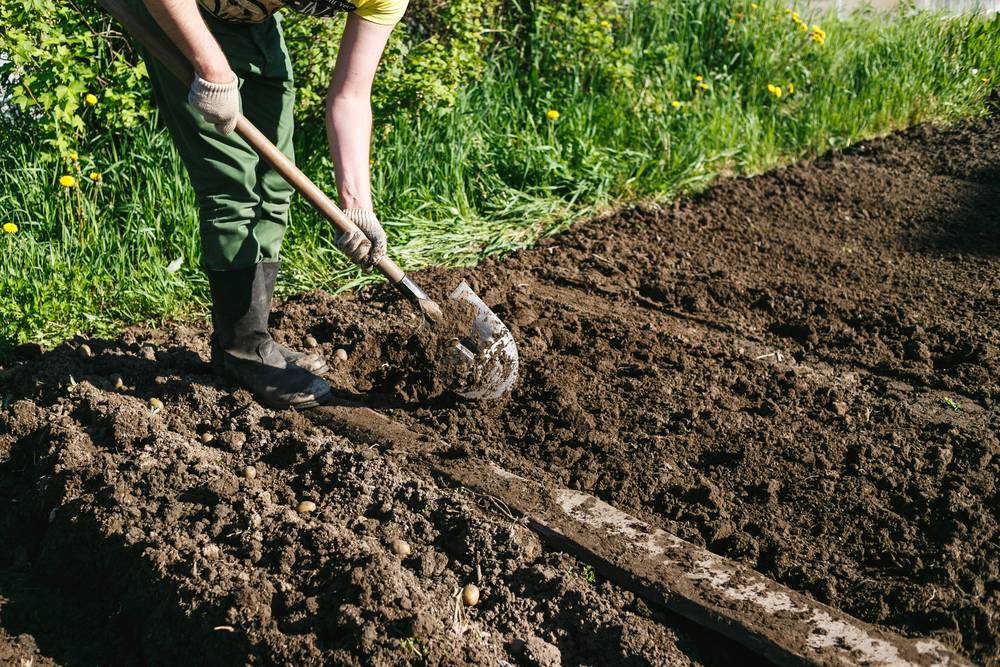
Organic farming soil management is a cornerstone of sustainable agriculture, focusing on practices that enhance soil health, support plant growth, and maintain environmental balance. At its core, organic soil management aims to create a living, dynamic soil ecosystem that fosters plant vitality and resilience. This approach contrasts sharply with conventional farming practices, which often rely on synthetic fertilizers and pesticides that can degrade soil health over time. Emphasizing natural processes and holistic techniques, organic soil management seeks to build and maintain rich, fertile soils through methods that are both environmentally friendly and effective.

One of the primary techniques in organic soil management is composting. Composting involves the decomposition of organic matter, such as plant residues, animal manures, and kitchen scraps, into a nutrient-rich amendment known as compost. This process not only recycles organic waste but also enhances soil fertility by adding essential nutrients and improving soil structure. Compost increases the soil’s organic matter content, which enhances its ability to retain moisture, supports beneficial microbial activity, and improves nutrient availability for plants. The application of compost is a fundamental practice in organic farming, contributing significantly to soil health and productivity.
Cover cropping is another essential practice in organic soil management. Cover crops are plants grown specifically to cover the soil rather than for harvest. They provide numerous benefits, including preventing soil erosion, reducing weed growth, and adding organic matter to the soil. Leguminous cover crops, such as clover or vetch, are particularly valuable because they fix atmospheric nitrogen into the soil, enriching it with this crucial nutrient. When these cover crops are tilled back into the soil, they decompose and contribute additional organic matter, further enhancing soil fertility. Cover cropping is a versatile practice that supports long-term soil health and productivity.
Reduced tillage is a technique that complements composting and cover cropping by minimizing soil disturbance. Traditional tillage practices can lead to soil erosion, disruption of soil structure, and loss of organic matter. In contrast, reduced tillage methods, such as no-till or minimum tillage, help preserve soil integrity and protect against erosion. These practices maintain the natural soil structure, support the habitat of beneficial soil organisms, and improve water infiltration. Reduced tillage also helps to retain organic matter in the soil, which is essential for maintaining soil health and fertility.
Soil testing is an important component of effective organic soil management. Regular soil testing provides valuable information about soil nutrient levels, pH, and overall health. By understanding the soil’s current condition, farmers can make informed decisions about the appropriate use of organic amendments and adjustments needed to optimize soil fertility. Soil testing helps to prevent over-application of nutrients, which can lead to environmental issues such as nutrient runoff and water pollution. It also ensures that soil management practices are tailored to the specific needs of the farm, enhancing both productivity and sustainability.
Another critical aspect of organic soil management is promoting biodiversity within the soil ecosystem. Healthy soils are teeming with a diverse array of microorganisms, including bacteria, fungi, and earthworms, which play essential roles in nutrient cycling, soil structure, and plant health. Practices such as adding organic matter, maintaining diverse crop rotations, and avoiding the use of synthetic chemicals support the growth and activity of these beneficial organisms. Biodiversity in the soil contributes to greater resilience against pests and diseases, improves nutrient availability, and enhances overall soil health.
Water management is also a key consideration in organic soil management. Proper irrigation practices, such as drip irrigation or rainwater harvesting, help to optimize water use and prevent soil erosion. These methods ensure that plants receive consistent moisture while minimizing water waste and runoff. Effective water management supports healthy soil structure and reduces the risk of soil compaction, which can impede root growth and water infiltration.
Incorporating crop rotations is a time-tested strategy in organic soil management. Rotating crops helps to break pest and disease cycles, prevent nutrient depletion, and enhance soil fertility. Different crops have varying nutrient requirements and root structures, which can contribute to a more balanced soil ecosystem. For example, rotating deep-rooted crops with shallow-rooted ones can improve soil aeration and nutrient distribution.
In conclusion, organic farming soil management is a comprehensive approach that prioritizes soil health, fertility, and sustainability. Through practices such as composting, cover cropping, reduced tillage, and soil testing, organic farmers work to build and maintain rich, fertile soils that support plant growth and ecological balance. By promoting biodiversity, managing water efficiently, and implementing crop rotations, organic soil management enhances farm productivity while protecting the environment. These techniques not only contribute to the long-term success of organic farming but also support broader goals of environmental conservation and sustainability. Embracing these principles helps ensure that organic farming continues to thrive as a viable and eco-friendly alternative to conventional agricultural practices.









